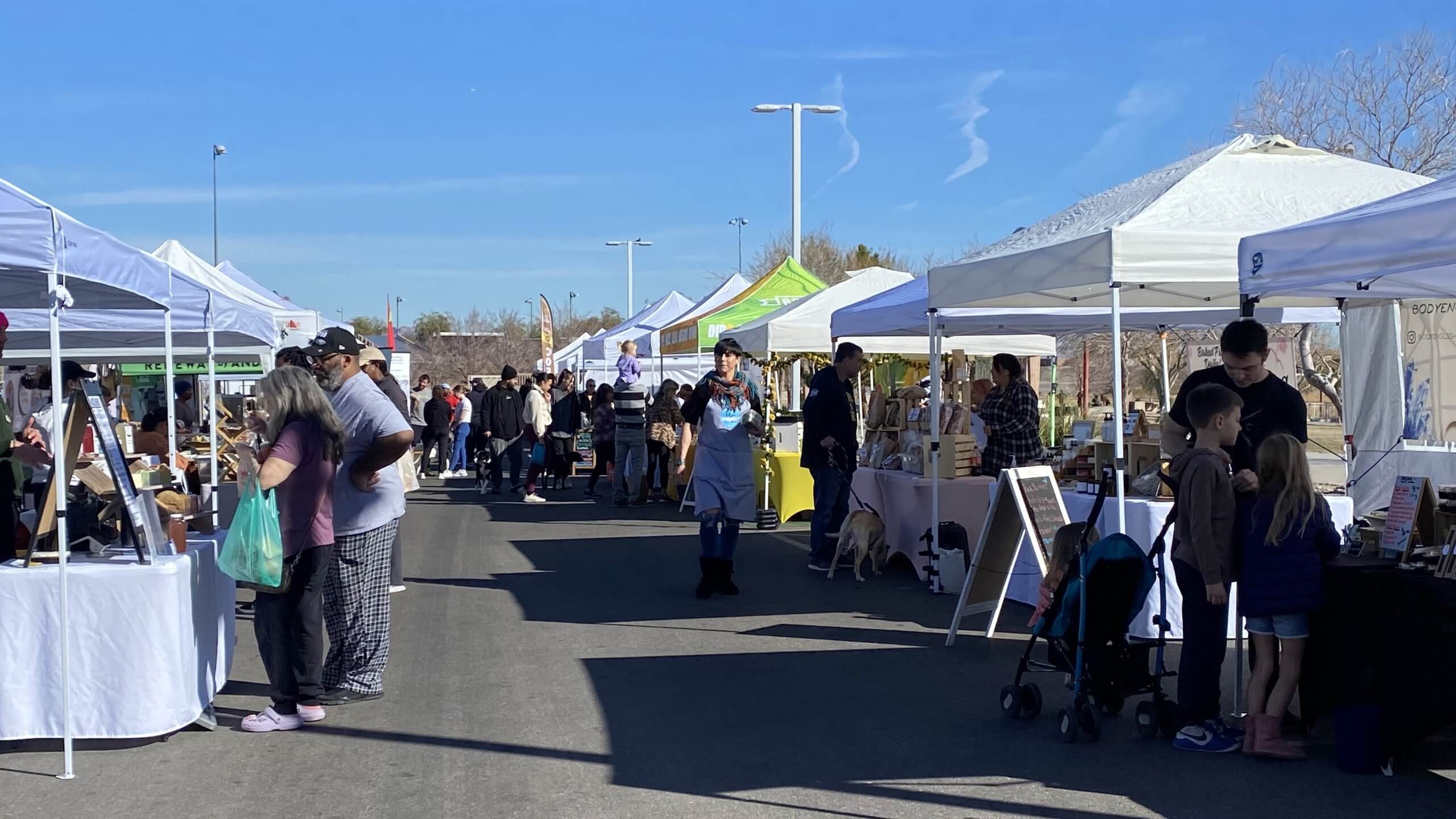What License Do I Need for a Farmers Market in Las Vegas?

Why Licensing Matters for Farmers Markets in Las Vegas
Farmers markets are booming in Las Vegas, giving local growers, artisans, and small businesses the chance to connect directly with the community. But before you set up your booth, it’s important to understand the licensing and permits required by Clark County and the City of Las Vegas.
Not only does this keep you compliant with local laws—it also builds trust with customers who want assurance that your products are safe and legitimate.
Step 1: Business License
Every vendor at a Las Vegas farmers market typically needs a City of Las Vegas business license or a Clark County business license, depending on where the market is held.
City of Las Vegas: If the market is within city limits
Clark County: If the market is outside city limits, like in unincorporated areas (e.g., Spring Valley, Paradise, Summerlin South)
➡️ Pro tip: Farmers market organizers sometimes require proof of your business license before assigning you a booth space.
Step 2: Health Permits (If Selling Food)
If you’re selling produce only (like fruits, vegetables, or herbs), you may not need a health permit—but if you’re preparing, packaging, or handling food, you likely will.
Cottage Food Permit (Nevada Cottage Food Law):
Allows certain low-risk foods (like baked goods, jams, candies) to be made at home and sold directly to consumers. You’ll need registration with the Nevada Department of Health.Temporary Food Establishment Permit:
If you’re preparing food onsite (samples, hot foods, beverages), you’ll need this permit from the Southern Nevada Health District (SNHD).Farm Product Sellers:
Fresh, uncut fruits and vegetables usually don’t require a health permit—but once you cut, package, or prepare them, you do.
Step 3: Other Possible Permits
Sales Tax Permit: If you’re selling taxable goods, you must register with the Nevada Department of Taxation to collect sales tax.
Weights & Measures Approval: If you’re selling items by weight (like produce or honey), you may need your scales certified by the state.
Specialty Permits: Some items like CBD products, alcohol, or skincare require additional licensing.
Farmers Market Rules You Should Know
Most Las Vegas farmers markets have their own vendor guidelines, which may include:
Proof of licensing and insurance
Booth setup and breakdown rules
Food safety and labeling requirements
Restrictions on certain products
Always check with the market organizer, because rules can vary.
FAQs About Licensing for Farmers Markets in Las Vegas
Q: Do I need a license to sell crafts at a farmers market?
A: Yes. You’ll need a basic business license, but usually not a health permit unless your crafts involve food, skincare, or cosmetics.
Q: Can I sell food from my home kitchen?
A: Only if it qualifies under Nevada’s Cottage Food Law, and you’ve registered as a cottage food producer.
Q: How much do business licenses cost in Las Vegas?
A: Fees vary by type of business, but most small vendors pay between $100–$200 annually.
Q: Do I need insurance to sell at a farmers market?
A: Some markets require vendors to carry liability insurance and list the market as an additional insured.
Final Thoughts
Selling at a farmers market in Las Vegas can be exciting and profitable—but don’t skip the paperwork. Most vendors need:
A business license (City of Las Vegas or Clark County)
A health permit if selling prepared or packaged food
Registration for sales tax collection
Once your licenses are squared away, you can focus on what really matters: sharing your passion and products with the Las Vegas community.

